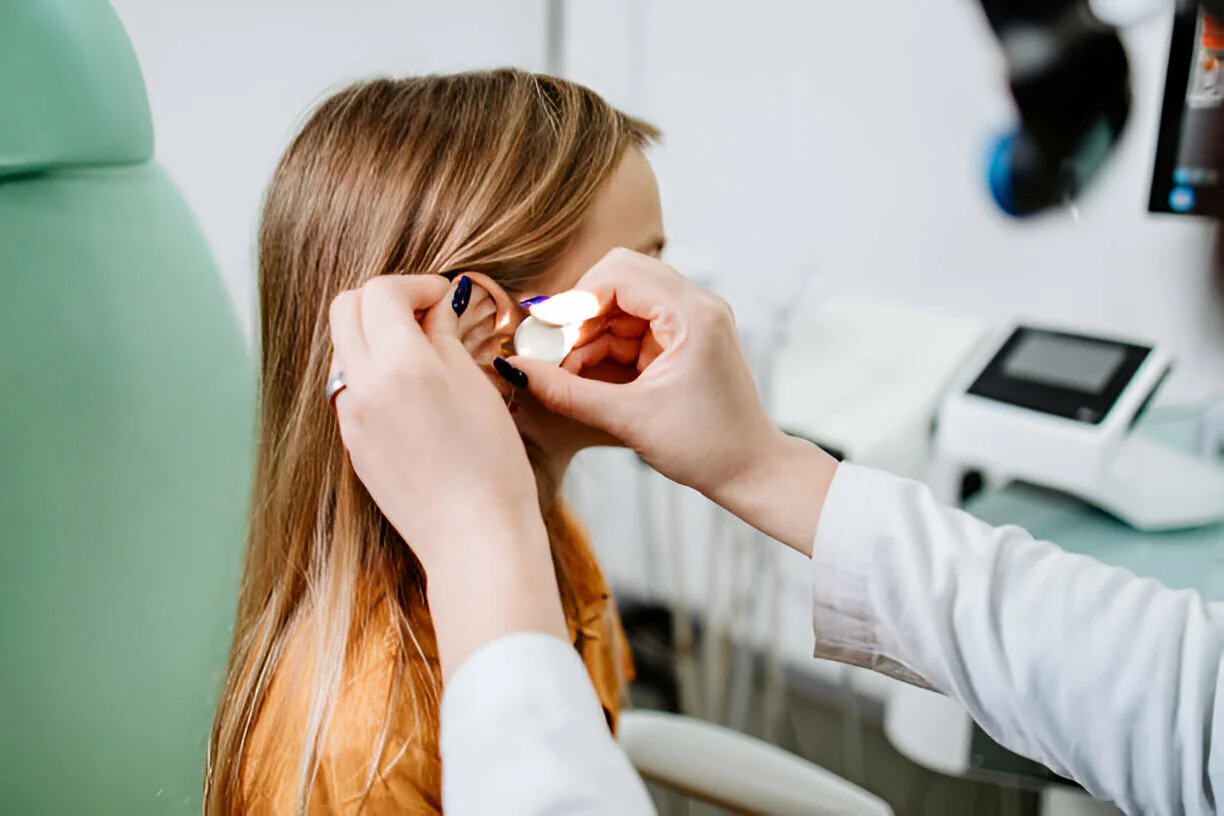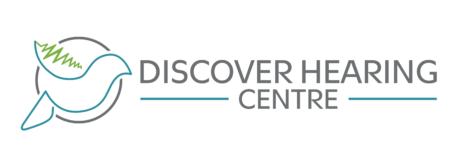The Importance of Regular Hearing Tests & Screenings

Hearing health is an often overlooked aspect of our overall well-being. Just as we schedule regular check-ups for our eyes, teeth, and general health, we should extend the same to our ears. Hearing tests are not just for older people or individuals working in noisy environments but for people of all ages. Your ears affect far more than “just” your hearing, as issues can impact maintaining effective communication, cognitive function, and overall quality of life.
Today, we’ll take a closer look at the importance of hearing tests, which types are available, their benefits, and why everyone should prioritize their hearing health.
Understanding Hearing Tests
Hearing tests are designed to evaluate your hearing ability and identify any issues that may be present. There are several types of hearing tests, each serving a specific purpose:
- Pure-Tone Audiometry: This is the most common type of hearing test. It involves listening to a series of tones at different pitches and volumes through headphones. The results help determine the quietest sounds a person can hear at various frequencies.
- Speech Audiometry: This test assesses how well an individual can hear and understand speech. It involves repeating back words presented at different volumes and in various noise environments.
- Tympanometry: This test evaluates the function of the middle ear by varying air pressure in the ear canal. It helps identify issues such as fluid in the middle ear, eardrum perforations, or Eustachian tube dysfunction.
- Otoacoustic Emissions (OAEs): This test measures the sounds (emissions) produced by the inner ear (cochlea) in response to a series of clicks or tones. It is often used for newborn and infant hearing screenings.
During a hearing test session, the audiologist will explain each procedure, ensuring you feel comfortable and know what is happening. Our hearing tests are noninvasive and typically take about 30 minutes to an hour.
Key Benefits of Regular Hearing Screenings
Early Detection of Hearing Loss
One of the main reasons we recommend regular hearing screenings throughout your life is the early detection of hearing loss. Often, hearing loss develops gradually, and you may not even realize it is happening until it’s significantly impacting your daily life. The earlier hearing loss can be detected, the earlier and more efficiently it can be treated and the less severe the consequences. Early intervention can slow the progression of hearing loss and improve long-term outcomes by allowing you to adjust your lifestyle or protect your hearing early on.
Improved Communication and Social Interaction
Hearing is fundamental to effective communication, whether privately or professionally. Untreated hearing loss can lead to misunderstandings, frustration, and social isolation. Addressing hearing issues early can help maintain your ability to communicate effectively and preserve relationships and social interactions. This is particularly important in professional settings, where clear communication is essential.
Cognitive Health
Many people are unaware of a link between untreated hearing loss and cognitive decline, including conditions such as Alzheimer’s and dementia. The brain regions responsible for processing sound also play a role in memory and cognition. When these areas are understimulated due to hearing loss, cognitive functions can deteriorate. Also, individuals suffering from hearing loss often withdraw from social settings, which further reduces stimuli. Regular hearing screenings and timely interventions can help keep the brain engaged and reduce the risk of cognitive decline.
Mental and Emotional Well-being
Related to the last point, hearing loss can also lead to feelings of isolation, depression, and anxiety. Struggling to hear and communicate effectively can make social interactions stressful and discouraging. Maintaining good hearing health can avoid these negative emotional impacts, leading to a better overall quality of life.
Enhanced Safety and Awareness
Hearing plays a crucial role in personal safety and environmental awareness. From hearing a car approaching to detecting a smoke alarm, our auditory sense helps us navigate and respond to our surroundings safely. This also includes being able to communicate properly in emergency situations and follow instructions that can be life-saving.
Also Read: How Untreated Hearing Loss Affects Your Quality of Life
Other Causes for Impacted Hearing Health
While some factors, such as loud environments, are obvious contributors to hearing loss, there are other causes that can negatively impact hearing. Heart disease and high blood pressure have been shown to also affect hearing, while the strain of trying to hear and understand speech can lead to chronic stress and fatigue, further impacting overall health.
Who Should Get Tested?
Similar to eye tests, hearing tests should be done at all ages. Here are some general guidelines for when to schedule a hearing test:
Newborns and Infants: We recommend that all newborns undergo a hearing screening before leaving the hospital. If any issues are detected, follow-up tests should be conducted.
Children: Hearing should be checked regularly during childhood, particularly before starting school and if any signs of hearing loss are observed.
Adults: Adults should have their hearing tested at least once every decade until age 50 and every three years after that.
Seniors: More frequent testing may be necessary for seniors, as age-related hearing loss is common.
Additionally, individuals exposed to loud noises, those with a family history of hearing loss, and those experiencing symptoms of hearing loss should seek more frequent screenings.
Conclusion
Hearing health is a significant component of your overall well-being that goes beyond hearing and should not be brushed aside until you experience significant symptoms of hearing loss. Regular hearing tests and screenings can lead to early detection and treatment of hearing loss. They can significantly improve your quality of life, from enhancing communication and social interactions to protecting cognitive health and personal safety.
If you have not had your hearing tested recently, consider scheduling a hearing test with Discover Hearing Centre in our hearing clinic in Kitchener. Preparing for a hearing test is simple, and the insights gained from the screening can be invaluable. Prioritize your hearing health today to ensure a better tomorrow.
Schedule a Hearing Test Today
Don’t wait for hearing issues to impact your life. Contact your local audiologist or hearing clinic to schedule a hearing test. At Discover Hearing Centre, we offer comprehensive hearing evaluations and personalized care to help you maintain optimal hearing health. Schedule your appointment today and take the first step towards better hearing and quality of life.
Visit our hearing clinic in Kitchener and schedule a hearing test with our professional experts. We offer comprehensive audiology services, from hearing tests and education to digital hearing aids and personalized hearing loss treatments that put you and your specific hearing health needs at the centre. Whether you need a hearing test, are looking for invisible hearing aids or require help with hearing aid fittings and programming, Discover Hearing Centre is here for you.
Discover Hearing Centre is a local clinic specializing in the treatment of hearing loss; we’ve worked with hundreds of patients to help them maintain independence. Whether you’re experiencing hearing loss or tinnitus, we’re dedicated to improving your quality of life through better hearing. When you choose us, you choose a team committed to your well-being.
Call us today at 519-208-4327 or fill out our convenient online form to learn more about how we can help you with hearing loss issues.
You Might Also Like
Top 4 Major Causes of Hearing Loss
What Is Tinnitus? Causes, Symptoms, and Treatment Options
Does Tinnitus Get Worse With Age?
Have Questions?
Call our office if you have any questions about your hearing loss or anything else related to hearing. We are happy to help and answer any questions you may have.





